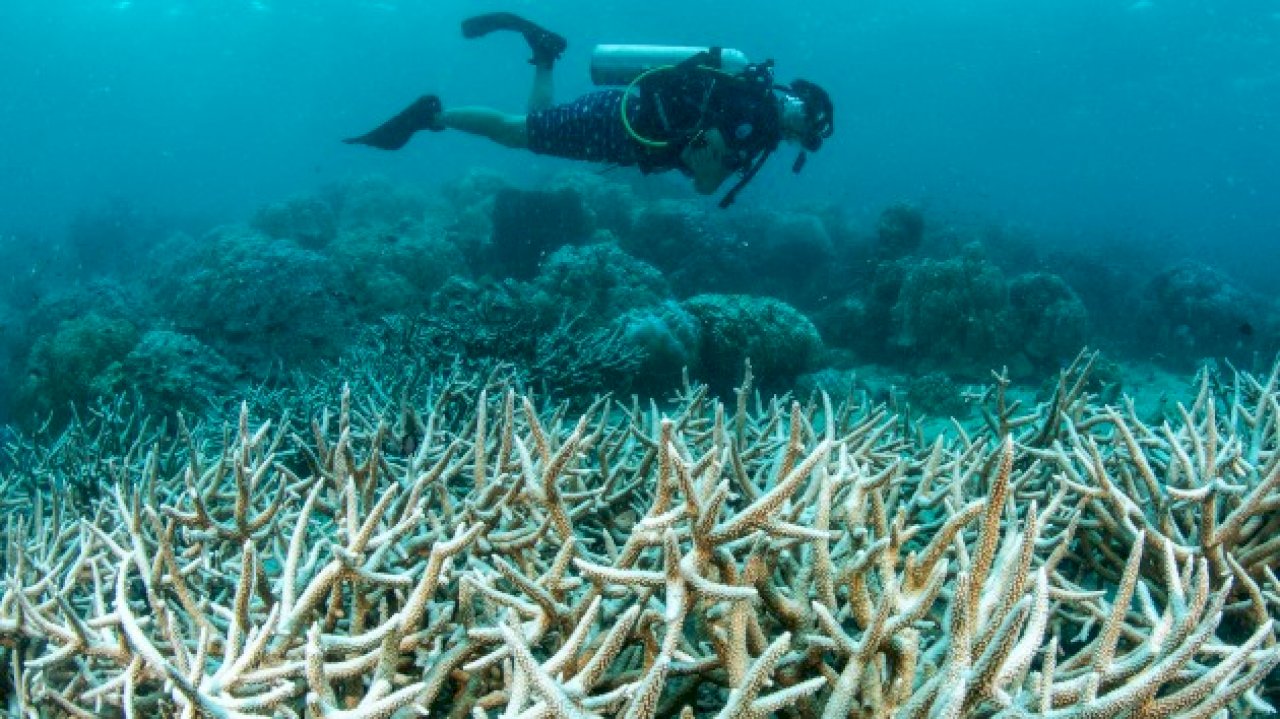(NEW YORK) — The world’s coral reefs are in the midst of the fourth and largest global bleaching event in recorded history, the National Oceanic and Atmospheric Administration announced this week.
The grim milestone was recorded between January 2023 and April 2025, with the agency documenting that bleaching-level heat stress has impacted 83.7% of the world’s coral reef area.
The impacted reefs span at least 83 countries and territories, the agency said.
Since early 2023, mass bleaching of coral reefs has been confirmed in the Atlantic, Pacific and Indian ocean basins, including parts of Florida and the coastline of the United States, the Caribbean, Central America, South America, Australia, the South Pacific, the Persian Gulf, coasts of East Africa and Indonesia, according to NOAA.
The agency deemed this ongoing bleaching event “the biggest to date,” noting that the previous record was set with 68.2% of reefs affected during the third-largest bleaching period, between 2014 and 2017.
The first and second global coral bleaching events occurred in 1998 and 2010, respectively, according to the agency.
Bleaching occurs when warmer ocean temperatures cause the expulsion of algae that live in the coral tissue. This leaves the coral completely white, known as coral bleaching. Coral bleaching does not necessarily mean corals will die, according to NOAA, which noted that corals can recuperate if the strain on their ecosystems is reduced.
At a local level, storms, disease, sediments and changes in salinity can cause corals to bleach; however, mass bleaching, when several varieties of coral reefs are bleached, is largely caused by increased sea temperatures, according to the Australian Institute of Marine Science.
Copyright © 2025, ABC Audio. All rights reserved.












